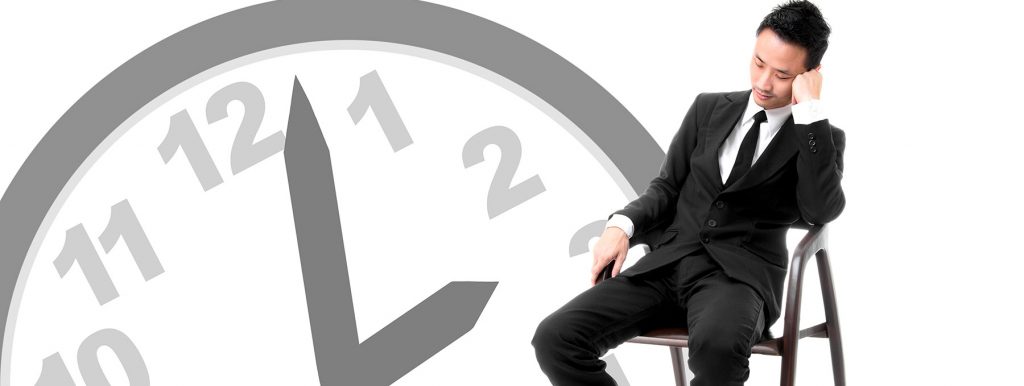Sleep is a universal practice, transcending time and culture. However, while we all engage in the practice, habits and timing vary throughout the world. Although there is much diversity between cultures, we all share a few basic practices such as eating, sleeping and reproducing. However, there are key differences in how these essential biological activities […]
The Science Behind the Dreaded Afternoon Slump
Afternoons are a sleepy time for many. Your mind is foggy, your eyelids heavy and your entire body yearns for a nap. This afternoon slump may be programmed into the human body. Although the Western world does not generally encourage napping for adults, many people are not as alert in the afternoon as they would […]
Cortisol’s Role in the Synchronization of Your Circadian Rhythm
Most people associate cortisol with the “fight or flight” response. While this biochemical indeed functions as a stress hormone—and can have negative effects in excess—it is a necessary hormone for a variety of human biological functions. It is produced from cholesterol in the adrenal glands, which sit directly on top of the kidneys. It is released […]
Our Ancestors Slept in Two Cycles, Should We?
Do you really need eight straight hours of sleep to feel healthy and well-rested? Evidence suggests that our ancestors flourished using a practice known as segmented sleep. Historians and biologists both investigated how we slept in the past, both to understand daily habits back then and to understand how we should be sleeping now. Interestingly, […]
ADHD Linked to Circadian Rhythm Disruption
ADHD and related disorders have increased to almost epidemic levels in the United States. Research suggests that circadian rhythm disruption may play a key role. Attention deficit/hyperactivity disorder, also known as ADHD for short, is a common problem in the Western world. Around 11 percent of American children have been diagnosed with the disorder, but it is […]
- « Previous Page
- 1
- …
- 92
- 93
- 94
- 95
- 96
- …
- 120
- Next Page »









